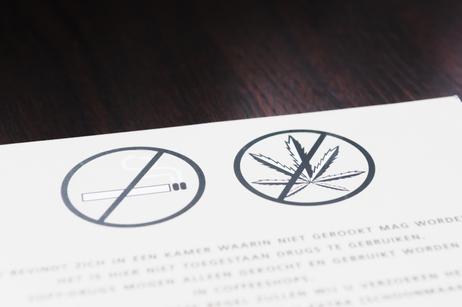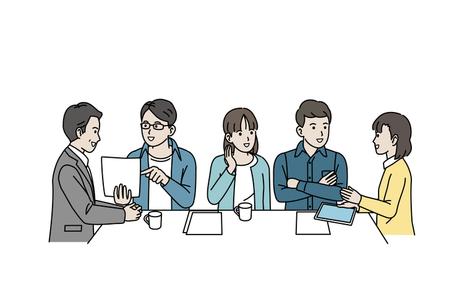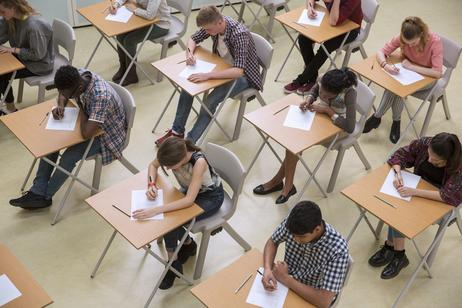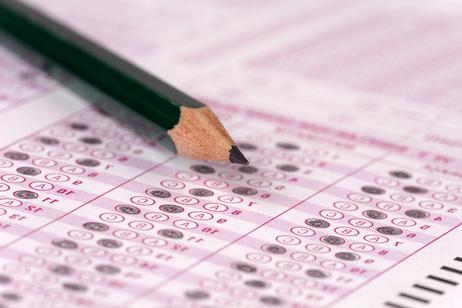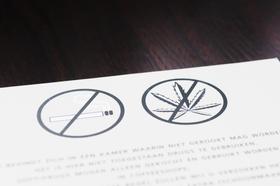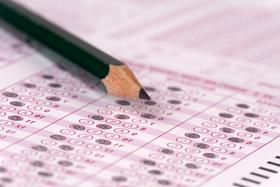Expelled for Smoking Pot: What Parents Need to Know
Most private schools have Codes of Discipline that will not tolerate substance abuse. Smoking pot or drinking alcohol are common examples of substance abuse. I am bringing this up because many parents think that they can appeal disciplinary action a school brings against students. The problem is that students attending a private school are covered by what is known as contract law. In a public school they would have rights. That is not the case in a private school. Students' rights are clearly spelled out in the contract parents and the school sign.
Here, then, are some common questions parents have about private school discipline and how infractions of the school's discipline code are usually handled.
Parent: My child has been expelled for smoking pot at their private school. I'm shocked and don't understand why the consequences are so severe. Can you explain?
School: We understand this is a difficult situation. Private schools have strict policies regarding substance abuse, including marijuana use. When students break these rules, they face immediate consequences, often including expulsion. This is because private schools operate under contract law, which allows them to take action in disciplinary matters compared to what can happen in public schools.
Basically, it means that if you go to a private school, you are not covered by the same laws as you were when you attended public school. Private schools are covered by something called contract law. It

